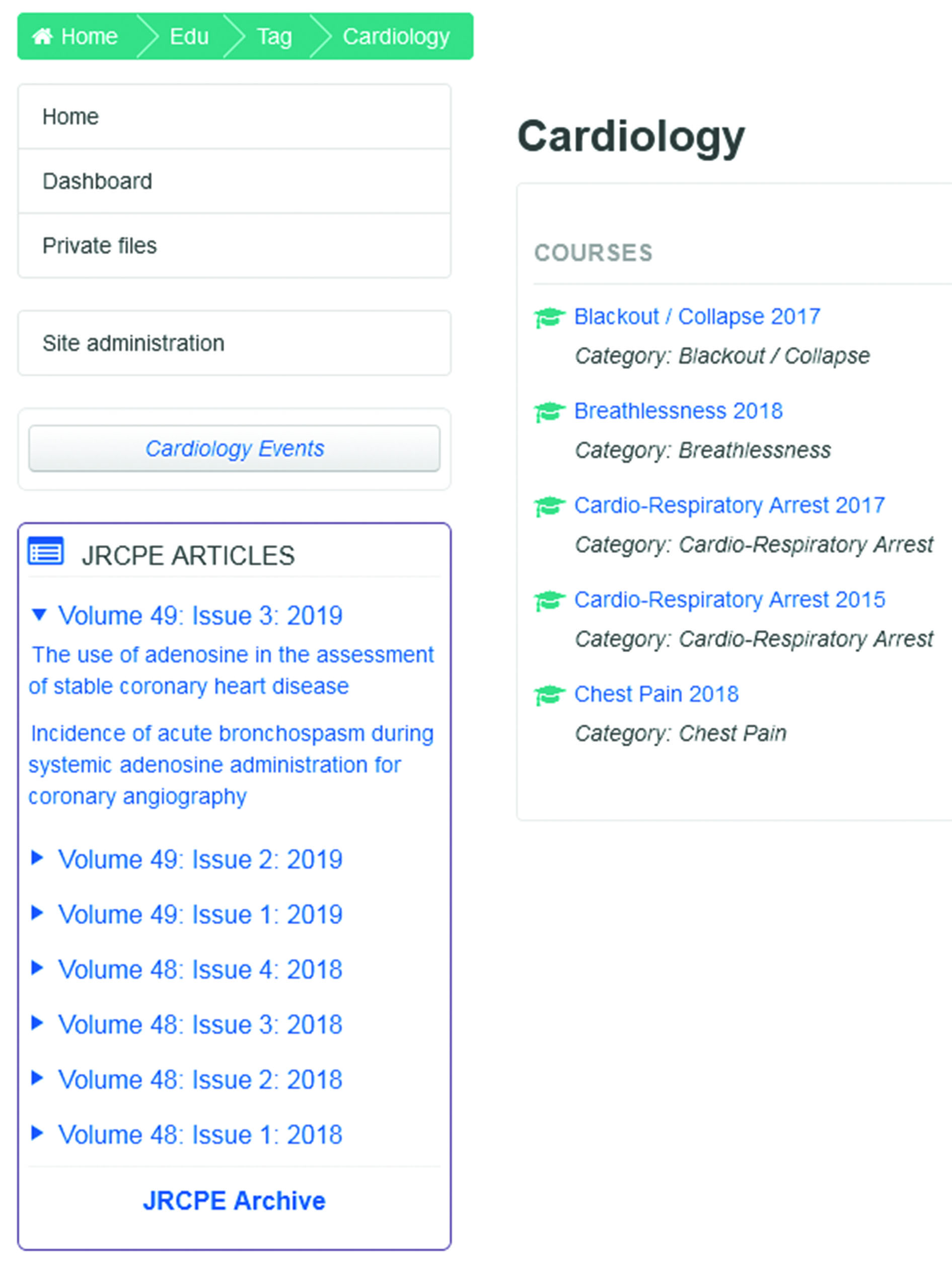Cannabis hyperemesis syndrome under recognised across the Irish Sea!
We read with interest the case report on cannabis hyperemesis syndrome (CHS) by Lua et al.1 We recently came across a similar case of a 26-year-old male in our hospital. He was admitted via the emergency department with worsening epigastric pain and vomiting for 1 week. The patient described that symptoms had been going on for the last 6–7 years. Extensive investigations were carried out previously by various physicians looking for the cause of these symptoms, including gastroscopy (twice) that yielded normal biopsy results. The most striking feature that prompted us to think about CHS, as also described by Lua et al.,1 was that the patient reported extremely hot water shower being the only remedy for his chronic symptoms. On further questioning he admitted to daily cannabis use and his urine toxicology was positive for cannabis. The patient was counselled to stop using cannabis and we advised him to link in with community addiction services as was suggested by our psychiatry colleagues. We would also echo the opinion expressed by the authors that CHS is extremely under recognised even in the Republic of Ireland and there is a need for creating more awareness about it so as to facilitate early diagnosis and to prevent unnecessary investigations.
Sarmad Waqas, Abdul Baqi, Muhammad Ahsun Rasheed, Emer Kelly
Acute Medical Unit, St Vincent’s University Hospital, Dublin, Republic of Ireland
Email: sarmadwaqas@svhg.ie
doi: 10.4997/JRCPE.2019.419
Reference
1 Lua J, Olney L, Isles C. Cannabis hyperemesis syndrome: still under recognised after all these years. J R Coll Physicians Edinb 2019; 49: 132–4.
JRCPE articles curated by specialty
We would like to highlight to JRCPE’s readership that the 2018/19 JRCPE papers have been curated by specialty (including a ‘non-clinical’ collection) in an open access section on the Royal College of Physicians of Edinburgh’s Education Portal.1 Each specialty page presents relevant Education Portal content (including E-Learning Modules and Challenging Cases, and archived talks from Evening Medical Updates and Symposia), which are accessible to Fellows and Members (Figure 1).
Figure 1 Example specialty page

We strive to ensure that all JRCPE papers are added to their relevant specialty page(s). If a paper is absent from an appropriate specialty page, or you have feedback, please get in touch: cme@rcpe.ac.uk.
We look forward to curating future JRCPE papers and thank the JRCPE’s authors and editorial and production teams for their efforts.
Acknowledgements
We would like to thank the rest of the Online Education Group of the Royal College of Physicians of Edinburgh for their time and support.
Christopher J Graham, Timothy W Johnson, Jeanette Stevenson, Conor P J Maguire
Royal College of Physicians of Edinburgh, Edinburgh, UK
E-mail: cme@rcpe.ac.uk
doi: 10.4997/JRCPE.2019.420
Financial and Competing Interests: CJG, TWJ and JS work for the Royal College of Physicians of Edinburgh (Online Education Officer, Learning Co-ordinator and Technologist and Head of Education and Training, respectively). CPJM is the demitting Director of Education and is Vice President-elect (International) of the Royal College of Physicians of Edinburgh.
Reference
1 Royal College of Physicians of Edinburgh. Search tags. https://learning.rcpe.ac.uk/tag/search.php (accessed 23/09/19).
Conflicts of interest in academic publishing: when in doubt, declare!
Thank you Misra and Ravindran for your important editorial covering conflicts of interest (COI), and your helpful suggested remedies.1 As you highlight, this lack of transparency is international and affects impactful and respected journals. Whilst the last issue of JRCPE was in production, declaration of COI has received worthy attention elsewhere.
In the Lancet, an editorial describes the updated American College of Physicians COI procedure during clinical guideline development, with a continuous disclosure policy and severity grading of COIs with corresponding mitigating actions taken.2
The BMJ reported that an advisory body on opioid policies for the US Food and Drug Administration did not publicly disclose that one of its presidents (and a number of panel members) had recent industry links,3 although it should be noted that said advisory body4 and president5 have responded.
A Cochrane Review on financial COI in systematic reviews recommends the use of systematic reviews without financial COIs in the first instance.6 If financial COIs exist, readers should focus on effective critical appraisal of the review’s methodology and results, and apply scepticism to the review’s conclusions.6
As you state, it is crucial that all involved in the authorship, review and publication process are totally transparent in order to maintain the integrity of research, and the public’s trust.
In this spirit, please note my COI below.
Christopher J Graham
Royal College of Physicians of Edinburgh, Edinburgh, UK
E-mail: c.graham@rcpe.ac.uk
doi: 10.4997/JRCPE.2019.421
Financial and Competing Interests: CJG is the Online Education Officer working on the Royal College of Physicians of Edinburgh’s Education Portal.
References
1 Misra DP, Ravindran V. Conflicts of interest in academic publishing: when in doubt, declare! J R Coll Physicians Edinb 2019; 49: 179–81.
2 The Lancet. Managing conflicts of interests in clinical guidelines. Lancet 2019; 394: 710.
3 Schwab T. US opioid prescribing: the federal government advisers with recent ties to big pharma. BMJ 2019; 366: l5167.
4 Kearney W. Rapid Response Re: US opioid prescribing: the federal government advisers with recent ties to big pharma. https://www.bmj.com/content/366/bmj.l5167/rr (accessed 11/09/19).
5 Dzau VJ. Clarification of reporting of potential conflicts of interest in JAMA articles. JAMA 2019; 322: 696.
6 Hansen C, Lundh A, Rasmussen K et al. Financial conflicts of interest in systematic reviews: associations with results, conclusions, and methodological quality. Cochrane Database Syst Rev 2019, 8: MR000047.